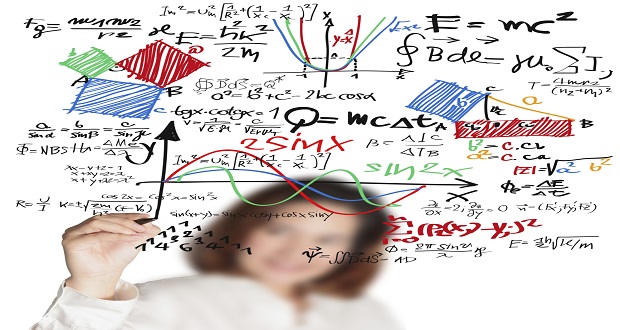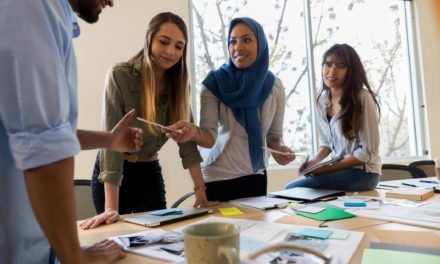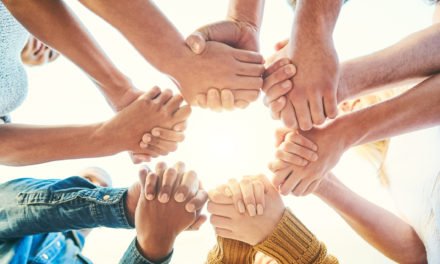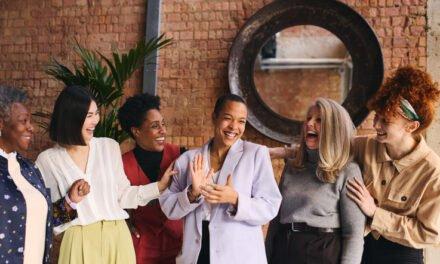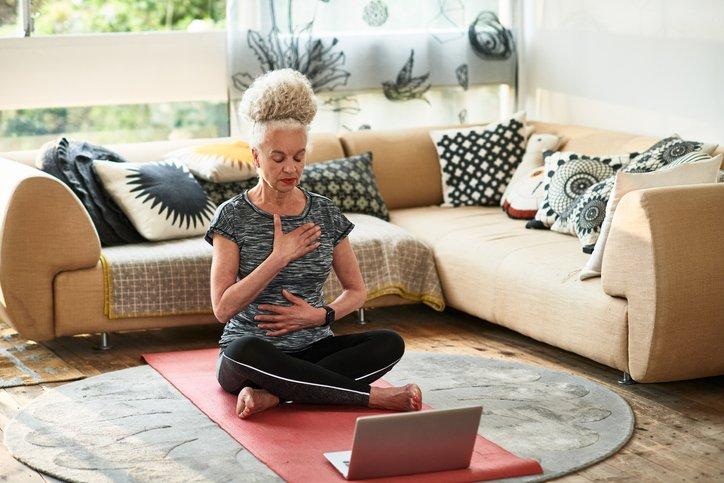
VUCA: volatility, uncertainty, complexity and ambiguity
I connected with Erin-Kate Escobar, Diversity, Equity, Inclusion Consultant, recently about a somatic practice group I am starting, and they shared: “This intentional somatics work is SUCH an important space, but of course one of the challenges of these spaces is finding people who can say yes — because we are often over-committed.”
It is a rough world we’re living in, and it takes a lot of self and community work to come back to hope and a sense of groundedness through it all. You may be over-committed. You may be worried about the world, your job, your health. You may find it difficult to pause and focus on ways to resource yourself. You may be experiencing deep grief and anger at the violence unfolding in the world.
Engaging in embodiment practices with a therapist or coach, on your own, and/or in a somatic practice group like the one coming up, provide space to notice what’s showing up between. Somatic practice is about holding both our dreams of a different world, where we are surrounded by love and care, and noticing how we’ve been shaped to act and be based on our historical shaping and experiences. It’s about patterns we continue to create and engage in which may be from our past and/or are more aligned to that new world we envision.
Whatever we can do to carve out these moments of self-noticing for ourselves is gold. Rather than operating out of any number of default patterns we have learned from life/workplace culture around us (i.e., stress, defensiveness, overriding our needs, saying yes to everything, or fear), what we can notice and be aware of, we can also interrupt and direct. When we can pause and re-center ourselves even for a few moments, the benefit is that when we return to our day, goals, tasks, and projects, we might be a little more resourced and able to stay grounded in what we’re committed to.
Today, my friend helped me remember to pause by reflecting back to me the frustrations, isolation, grief, and struggle she was listening to me express. She reminded me of ways my social nervous system might be feeling tapped out and asked if I can remember elements of play, self-recognition, and celebration – to come back to what is working, and not focus on what isn’t.
This is a constant dance. Letting in. Witnessing pain. Giving space for grief. Being compassionate with ourselves for doing our best to grow, live, and be.
Finding ways to resource ourselves is so important, during both hard times and the more settled times. Some days, it’s harder than others to remember all we carry, all we dream of, all we do each day to move toward imagined futures, and all the ways we are growing. Especially when we’re trained to just take it. To keep going and going, even when it doesn’t feel sustainable. Even as we’re breaking. Trained to feel too busy for our own self-care or too stressed to nourish ourselves. Too this or that to say no, or to say yes.
There’s a lot to share about how the nervous system works, our windows of tolerance, and ways to regulate ourselves (check out this article as a place to explore), but remember: you know yourself better than anyone else. You know your needs, history, commitments, growth, and how you’ve been socialized – even if you feel like you don’t know these things that well, and know you want to be more self-aware. And you, YOU, do matter.
Let’s not guilt ourselves for not practicing self-care more regularly or be harsh on ourselves for not having it all figured out. Some days I know I do this, but instead, let’s remind ourselves and each other to notice what we can about our experiences and needs, and to celebrate ourselves for all we do to center our needs as an essential part of our commitments.
Today, I was reminded by that same friend that, “YES, I will allow for a little more play, self-recognition, and celebration, of what is working, and I can be proud of.” So, at the gym, I played a song called “Hymn of Healing” by Beautiful Chorus as I used a new arm machine. One of my fun well-being goals is to be able to cross the monkey bars with more ease, and so I focused on that goal, and I let myself take in the nourishment of the song, moment by moment.
I listened to the lyrics and the slow flow of the song, and I remembered the beautiful world I am craving and creating, along with so many others. This was an action of resourcing myself. Even for a few minutes. Just before my friend reminded me of resourcing, I wasn’t in the mood to take in nourishment, but I’m glad I did.
As DEI practitioners, we are all up to deeply meaningful, vulnerable work; we spend our days thinking about and caring for others because we are passionate about justice and people’s well-being, safety, and dignity. For whatever reasons we came into this work, we stay to improve outcomes for various communities.
At the same time, there’s something at play in our culture that reinforces DEI folks, organizers, care workers, and others in this pattern of feeling overburdened, overcommitted, and forgetting about ourselves. There’s so much to do and change, and often limited resources. Consider:
- On a scale of 1-10, how often do you override your feelings and needs?
- On a scale of 1-10, how often do you feel overwhelmed and stressed?
- On a scale of 1-10, how often do you pause to ground and to resource yourself?
- On a scale of 1-10, how often do you engage in play?
It’s time to interrupt this. You matter, and so does centering your needs and well-being. adrienne maree brown, in Pleasure Activism, talks about this, as do the folks at Nap Ministry, Prentis Hemphill, and many others. So, today, what can you do to center your pleasure alongside your grief? To center resourcing yourself alongside all the external needs and never ending to-do list? To center your boundaries even if that means saying no to a request? Especially in DEI culture change work, our clients and our leaders are not going to give us our own permission to be the change we long for, to enact culture change through how we relate to ourselves and our bodies, we must practice this gently, slowly and over time.
To learn more about somatic practices or coaching, you can connect on LinkedIn and subscribe to my newsletter. You can also reach out to learn about 1-on-1 Somatic Coaching. I offer free monthly gatherings for DEI professionals to explore somatics and centering practices. Register on my Linktree.

